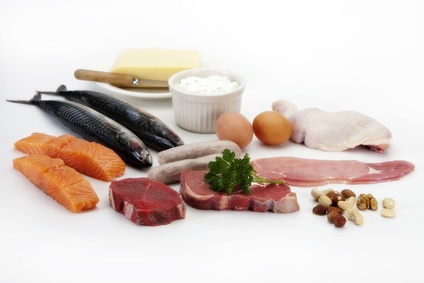
Proteins play an important role in nutrition. More popular as the building blocks, they are necessary to repair, renew, and maintain healthy body cells.
Uses and Functions
Proteins make up practically your body cells. You should find it everywhere in the body except in your urine and bile. They have several uses and functions, such as the following:
- Protein in blood is essential for the travel of oxygen to the body cells
- Following a stressful activity, protein rebuild cells
- They transport essential minerals to different places in the body
- Some proteins enable you to move your body and perform your activities
- Other proteins are in charge of your genetics such as the DNA and RNA proteins
- They make up the structure of your body
Sources of Proteins
Therefore, proteins are indispensable for your growth and development. Where do you source it? This is where the importance of proteins to your nutrition comes in. The primary source of proteins is from the food you eat or your diet.
Food types that are rich in protein fall under three general classifications:
- High levels of protein – these are food items that have about 20% protein content. Examples of this classification are the following: eggs, cheese, beans, yogurt, nuts, fish, seeds, as well as poultry products and red meat.
- Medium levels – are food items that have around six (6) to 14% of protein content. You need to mix them with one another or with other protein-rich food to complete your protein nutritional requirement. Examples are the following: oats, wheat, and rice.
- Low levels – are food items that have minimal protein content or just about 5%. Examples are fruits and most vegetables.
How to Benefit the Most from Proteins
Source your protein requirements for nutrition from food, and do not depend it on supplements alone. Supplements help but should not be the major source of your protein. Among the excellent sources are the following:
– Natural lamb meat
– Beans
– Eggs and other organic poultry products
– Seeds and nuts
– Small fish meat
Avoid sourcing your protein from processed meat and other food items that have undergone processing. They contain substances and additives that may be toxic or harmful to your body. Choose natural food as your protein sources.
Aside from the quality of your protein sources, it is also important that you consume enough to meet your protein requirements. Use your recommended energy and nutrition intake or RENI as guide. Anywhere between 60 to 80 grams daily may do.
Some Tips and Reminders
Here are some tips and reminders in sourcing and consuming your protein requirements for nutrition:
- Choose whole food over processed and instant food. They have minimal additives, if any, and are far richer in nutrients, vitamins, and minerals.
- As much as possible go organic. They contain less pesticide, if any, and are generally healthier and fresher.
- Keep in mind that it will take your system longer to digest protein. If your system is not able to digest it properly, it may rot in your intestines. Hence, chew your food well and take your time in eating your food. Your digestive system will do its job well this way.
As a rule, it is always best to eat a well-balanced diet. This means you consume food items that represent each of the major food groups including carbs and proteins. Your diet is the key, and proteins are very important to your nutrition.

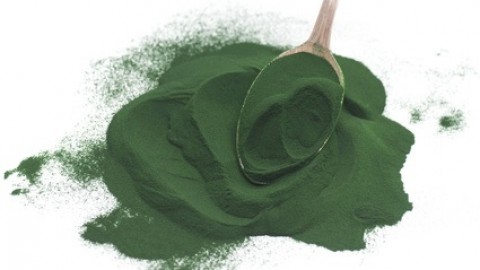


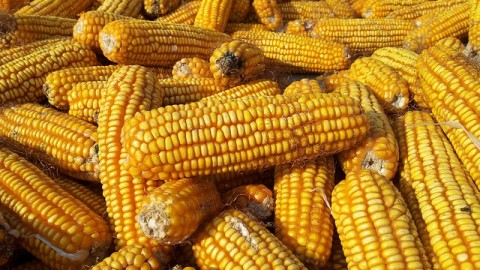
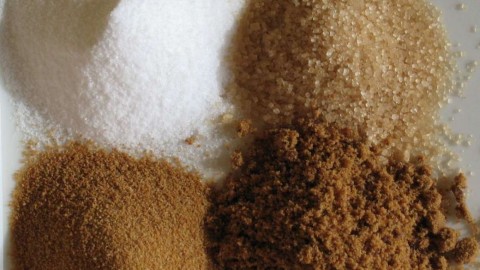

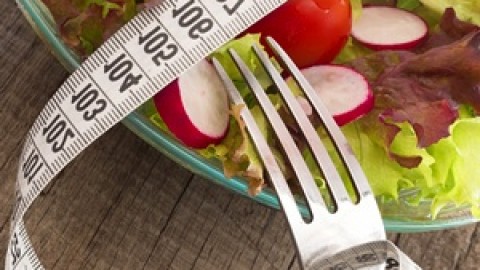



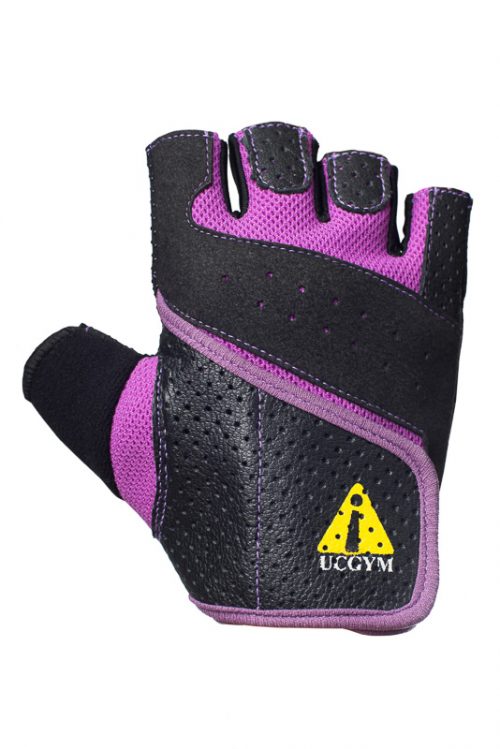

Thank you. This article is very helpful. Can you talk a little bit about micro nutrients in different protein rich foods? Should we eat a variety of protein sources like we do veggies? I find it easy to do that with veggies, but when it comes to proteins, I find it easy to eat the same few foods (chicken breast and salmon for example) most of the time. I worry about not getting certain vitimans and minerals from food. I’ve been tracking on MFP and I often come up short on calcium, and almost always am low on iron from food sources. I’ve an allergy to some (but not all nuts, I dislike liver and organ meat, and because I am striving to lose weight, I am eating less red meat, which is a major source of iron in the diet.
I must say reading this article has been very helpful thanks.
How to calculate RENI?
ooooh. recommended energy and nutritional intake. I had to google that acronym.
I found this calculator that tells you how many kcal to eat if you want to lose weight, or if you want to maintain. It looks similar to what I use on MyFitnessPal.
http://www.freedieting.com/tools/calorie_calculator.htm
So if you are supposed to have 2000 calories in a day and people suggest anywhere between 15% and 25% of those calories come from protein in a day you would use that to see how much protein to eat. I aim for 20%. So 20% of a 2000 calorie requirement would be 400 calories from protein. we know 1 gram of protein gives protein gives 4 kcal – so in order to get 400 of my 2000 calories in a day from protein, I’d need 100 grams of protein each day. Since the body only metabolizes 20 – 30 grams of protein in one sitting – I break that up over 6 small meals in a day – each will have 15 – 20 grams of protein.
this is great! thank you :good: